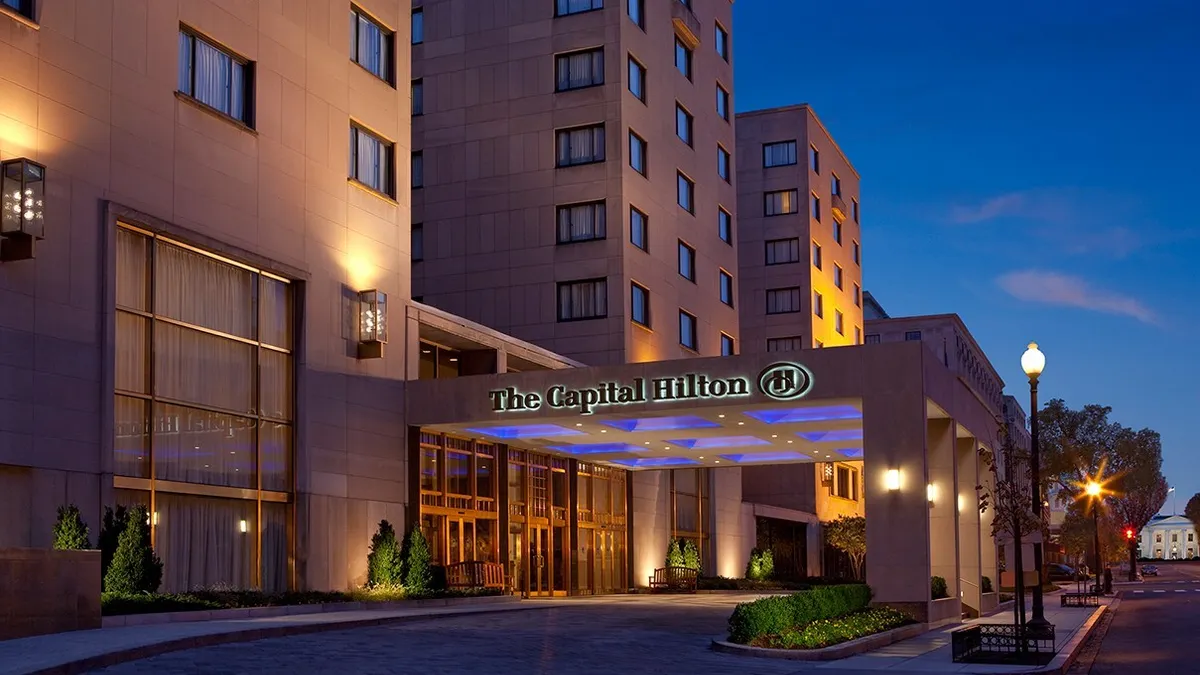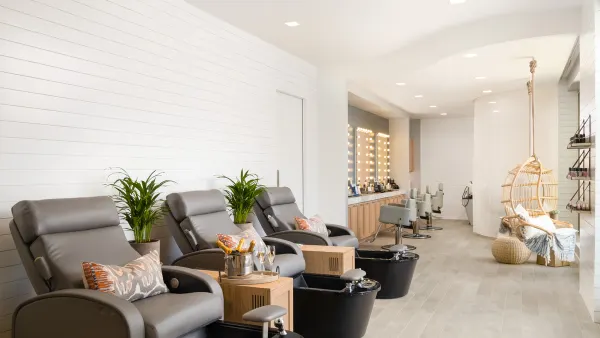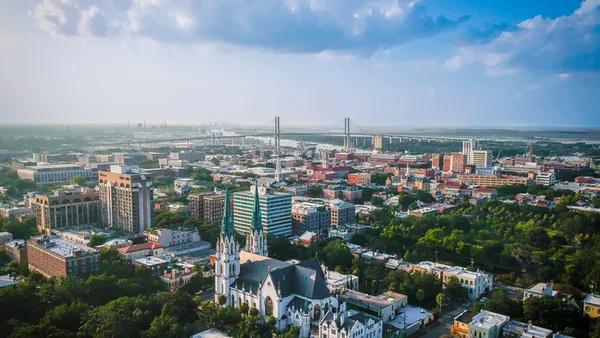Dive Brief:
- Middle-income travelers are increasingly behaving like low-income ones — and that impacts their hotel spending, according to a Morning Consult report obtained by Hotel Dive.
- Typically, middle-income travelers’ hotel spend peaks in June at $140 on average, per Morning Consult, but that spike “didn’t materialize this year,” hitting only $90 on average in June 2024.
- Despite post-pandemic recovery in the travel industry, the middle-income demographic’s travel spending is now closer to that of the lower-income cohort than the higher-income one. According to Morning Consult, that shift is partly due to “high-income consumers pulling ahead in the post-pandemic economy.”
Dive Insight:
The post-pandemic economy is making “the rich richer, and the not rich more pessimistic,” according to Morning Consult. The sentiment is impacting travel spend among middle-income consumers who are making between $50,000 and $100,000 per year.
Trips, however, are still a go. When it comes to travel frequency, middle-income travelers still behave like high-income ones (those making over $100,000) — just with lower spend per trip, as the demographic is opting for shorter stays, budget-friendly travel options, cheaper destinations and driving over flying.
Meanwhile, less than a quarter of middle-income travelers — as compared to half of all lower-income travelers (those making under $50,000) — said they didn’t travel for leisure in the past year at all, Morning Consult found.
Lower-income travelers were also more likely (46%) to report that they had not stayed in a hotel in the past year, as opposed to 28% of middle-income and 16% of high-income travelers.
In a recent midyear outlook, STR President Amanda Hite noted “the effect of fewer lower-income travelers” on midscale and economy hotels, adding that “high-income households continue to travel.”
Accordingly, upper-tier segments are expected to benefit the most from that shift in traveler behavior, per STR and Tourism Economics.
In May, Deloitte noted that a greater percentage of this summer’s travelers would make over $100,000 — 44% as compared to last year’s 35% — due to heightened travel costs.
But while the most cost-constrained consumers are reducing travel, affecting the bottom line for budget hotels, the majority of American consumers consider travel one of their “highest-priority” spending categories, according to McKinsey & Company.
There’s still hope for the consumers feeling pinched budgets, though. U.S. lodging prices dipped 2.8% year over year in June as easing inflation affected travel prices, according to the U.S. Travel Association.










